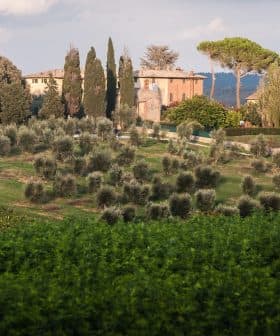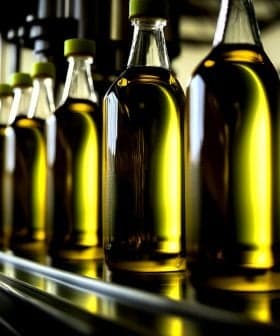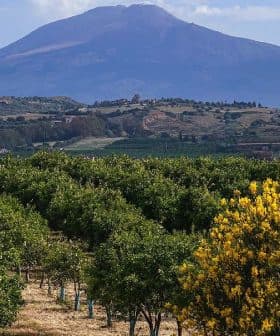Italy’s New Lockdown Hits Olive Oil Sector, Again

New Covid-19 containment measures in Italy will impact the restaurant and food production sectors, with an estimated cost of €3.8 billion. The new rules will suspend operations at over 180,000 food venues, with the northern region of Lombardy facing the most severe consequences.
New Covid-19 containment measures announced by the Italian government will once again impact the country’s restaurant and food production sectors.
According to the latest estimates published by the farmers association Coldiretti, the damage for the mandatory closure of restaurants for the next month will cost the sector €3.8 billion ($4.47 billion).
The new halt makes us fear further negative effects on a sector that, even during these difficult months, had gone ahead in creating value.
The new rules designed to combat the Covid-19 pandemic directly involve the operations of more than 180,000 restaurants, pizzerias, bars and pubs (the so-called Horeca sector). The measures are also expected to suspend operations at more than 10,000 farmhouses.
The northern region of Lombardy, which has been hit hard by the virus, will face the most severe consequences from the new containment measures. More than 51,000 food venues are located in the region.
See Also:Italian Farmhouses Push to Revitalize Tourism in Pandemic’s Wake“Within the areas of the national territory identified as red zones, all activities related to the administration of food are suspended and that includes the farmhouses,” Coldiretti wrote in a note. “As a whole, we are talking about more than half of the restaurant activity in Italy.”
While home delivery and take away operations will still be available, those are viable options only for a small portion of the businesses impacted by the new containment measures.
“The effects of the mandatory closure of the restaurants reverberate throughout the whole agribusiness sector, with cancellations already hitting the supply of products, from wine and olive oil to meat and fish, to cold cuts, cheeses, vegetables and fruits,” Coldiretti said. “Food whose producers count on restaurants as a very relevant market.”
For some suppliers, specifically of fish and wine, the restaurant and hospitality sectors are currently the most important market for their products.
A warning about the consequences of the new measures has also come from Assitol. In a press release, the Italian Association of the Olive Oil Industry emphasized how the Horeca crisis is already taking its toll on the olive oil sector.
“Up to this moment, domestic consumption and relevant exports allowed us to deal with the slowing sales in restaurants, which account for a third of the internal market,” Assitol president Anna Cane said. “The new halt makes us fear further negative effects on a sector that, even during these difficult months, had gone ahead in creating value.”
According to Coldiretti, Italian agribusiness exports have sustained the sector in the first seven months of 2020, with a 3.5 percent increase in sales abroad — figures that will not be seen again this year.
Coldiretti cited the lockdown enforced in Germany, where export numbers had gone up seven percent in the last few months. Many of the most important markets for Italian agribusiness exports are closing down or severely limiting their activities.









